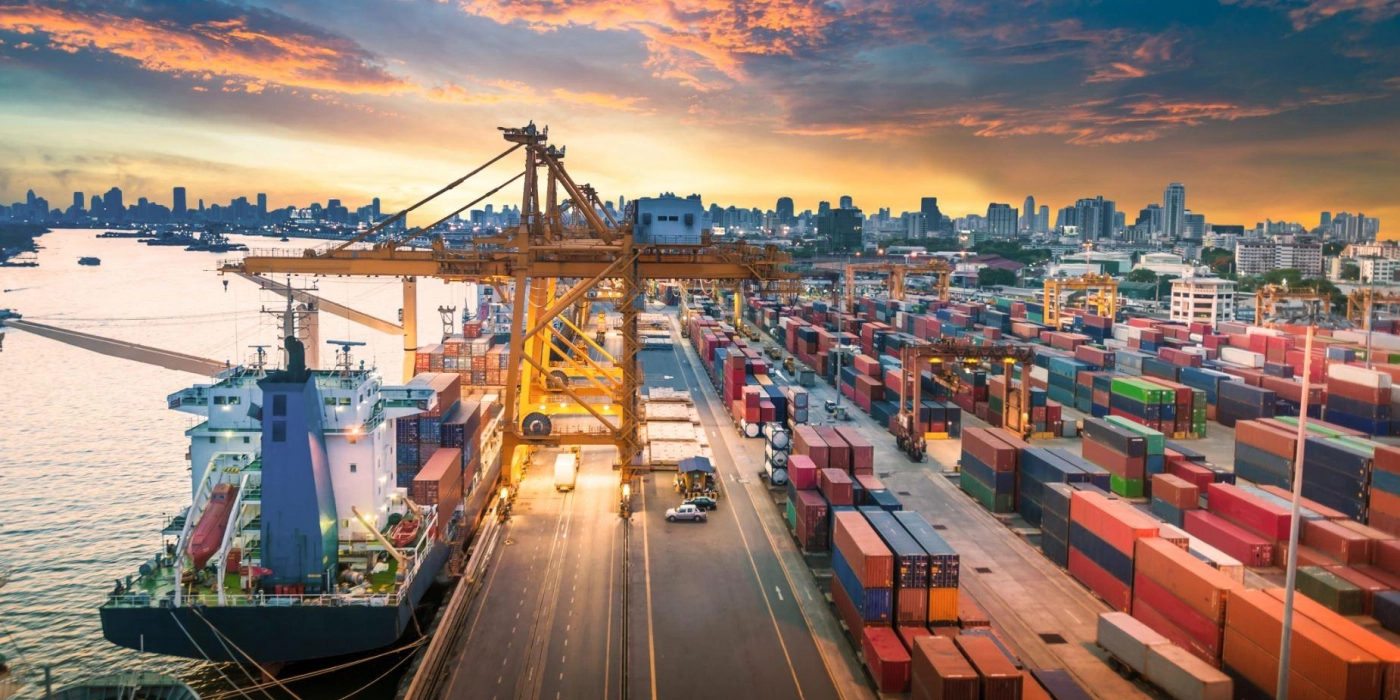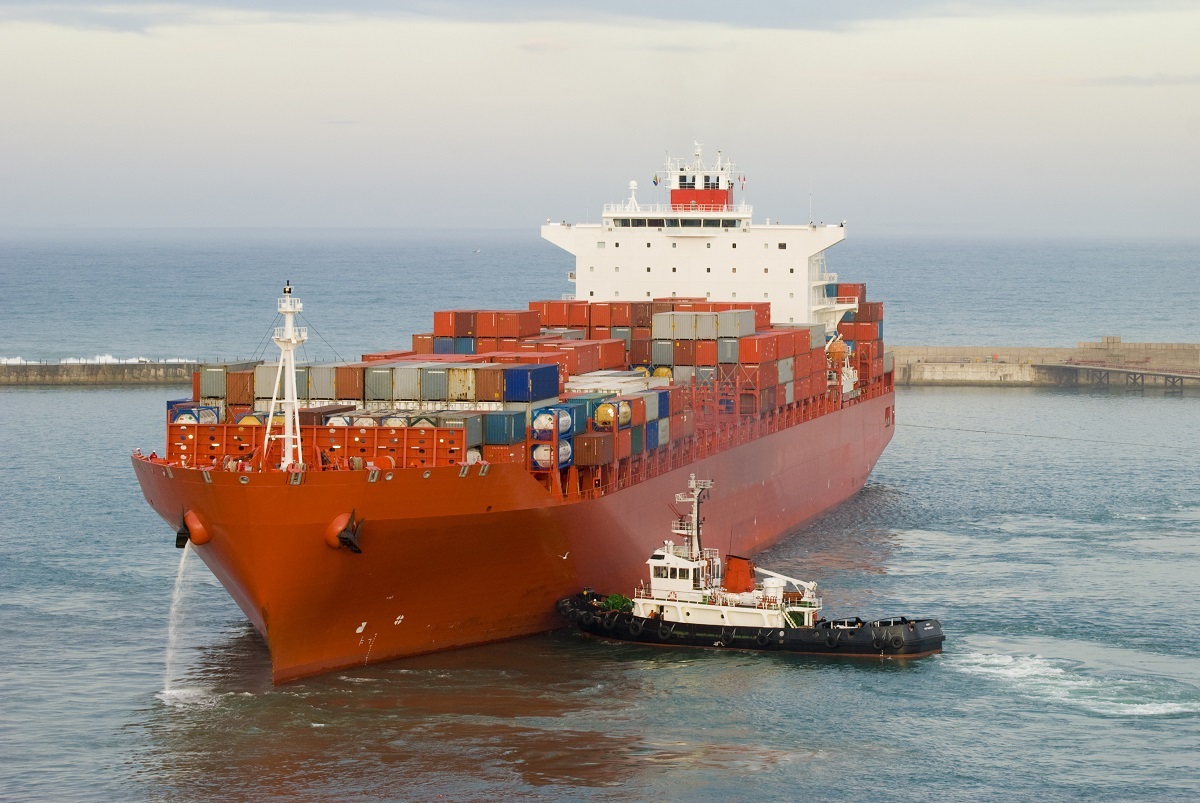Asia is experiencing a significant surge in imports from China, raising concerns about potential transshipment activities, as trade tensions between the US and China continue to escalate. According to Nomura analysis, Asia's imports from China have accelerated since February 2025, growing at an average of 21.7% year-over-year in March-April, up from 17.3% in February and 11.1% in 2024.
The pick-up in imports amounts to approximately 8.5% of Asia's total monthly imports from China, currently annualizing to US$90-100 billion. Transshipment appears to be playing some role in increasing imports of machinery and electronics to India, Vietnam and Malaysia, plastic products to Vietnam, chemicals to Indonesia, and electronics to Thailand.
In response to these challenges, Asian governments have begun implementing stricter measures to curb transshipment. Vietnam has centralized its certificate of origin issuance process under a single authority, while Thailand has expanded its watchlist of high-risk products to 65 items. India has amended its customs rules to require additional documentation to verify the country of origin of goods.
However, the success of these measures remains uncertain – rules can be porous, and firms have historically found workarounds to trade restrictions.
This will likely remain a dynamic whack-a-mole challenge for policymakers in both Asia and the US, requiring continuous adaptation of enforcement mechanisms and the closure of emerging loopholes.
The situation presents a particularly delicate challenge for ASEAN economies, who must balance their economic relationships with both China and the United States. China remains a crucial source of imports and foreign direct investment, while the US serves as a vital end-market for their exports.
For many Asian countries, successfully negotiating trade deals with the US while maintaining economic ties with China has become an increasingly complex diplomatic and economic balancing act. The challenge lies not only in implementing effective anti-transshipment measures, but also in managing the geopolitical implications of these policies.



